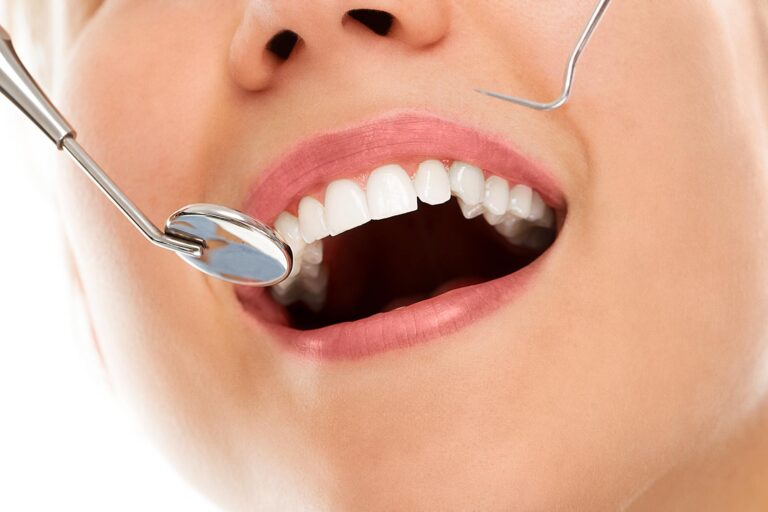Dental Crowns
Dental Crowns: The Solution to Full Mouth Restoration
Are you looking for a way to restore your teeth to their natural beauty and functionality? Dental crowns might be the answer you’re looking for! We’ll discuss what dental crowns are, the different types available, and how they can help restore your smile. We’ll also dive into full mouth crowns, a treatment option for those in need of extensive restoration.
Dental crowns, also known as “caps,” are prosthetic devices that are placed over damaged or weakened teeth to restore their shape, size, and strength. They are typically made of porcelain or ceramic, but can also be made of metal, resin, or a combination of materials. Dental crowns are custom-made to fit over the prepared tooth and are cemented into place, providing a long-lasting and natural-looking solution to tooth damage.
What are Dental Crowns?
Different Types of Dental Crowns
There are several types of dental crowns available, each with its own unique advantages and disadvantages. The most common types of dental crowns are:
Porcelain Crowns
Porcelain crowns are the most popular type of dental crown, as they offer a natural-looking solution to damaged teeth. They are stain-resistant and can be color-matched to your natural teeth for a seamless appearance. However, they can be brittle and are not as strong as other types of crowns.
Metal Crowns
Metal crowns are made of gold, silver, or other alloys and are known for their strength and durability. They are less likely to chip or break than porcelain crowns and are often recommended for molars or back teeth. However, their metallic appearance can be a downside for those looking for a more natural-looking solution.
Ceramic Crowns
Ceramic crowns are made of a type of porcelain material that is stronger and more durable than traditional porcelain crowns. They are also more stain-resistant and offer a more natural-looking appearance. However, they can be more expensive than other types of crowns.
Resin Crowns
Resin crowns are made of a type of plastic material and are often used as a temporary solution while waiting for a permanent crown to be made. They are not as strong or durable as other types of crowns and can wear down over time.
Gold Crowns
A gold crown is a dental restoration that covers the entire visible surface of a damaged or decayed tooth. Gold crowns are known for their durability and long-lasting strength, and they require minimal removal of tooth structure. They are often recommended for molars or back teeth that require more support due to the pressure of chewing. While gold crowns may not be as aesthetically pleasing as other types of crowns, they offer a reliable and effective option for restoring the function of a damaged tooth.
Full Mouth Crowns
Full mouth crowns, also known as “full mouth restorations,” are a treatment option for those in need of extensive restoration to multiple teeth. This type of restoration typically involves placing dental crowns on most or all of the teeth in the mouth to restore their function and appearance. Full mouth crowns can be recommended for those with:
- Extensive tooth decay
- Trauma or injury to the teeth
- Severe wear and tear
- Misaligned teeth
- Missing teeth

The process of getting full mouth crowns typically involves several appointments with your dentist, including a consultation, preparation of the teeth, and placement of the final crowns. It can take several weeks or months to complete the full mouth restoration, but the results can be life-changing for those in need of extensive dental work.
Benefits of Dental Crowns
Dental crowns offer several benefits for those in need of tooth restoration, including:
- Restored tooth function
- Improved appearance and confidence
- Long-lasting solution to tooth damage
- Protection of the natural tooth structure
- Prevention of further tooth decay or damage

Conclusion
If you’re looking for a way to restore your teeth to their natural beauty and functionality, dental crowns might be the solution you’re looking for. With several types of crowns available, including full mouth crowns for extensive restoration, there is a solution for every dental need. Talk to us today to determine if dental crowns are the right option for you and to discuss which type of crown would be best suited for your specific dental needs.
FAQs
Dental crowns can last anywhere from 5 to 15 years, depending on the type of crown and how well it is cared for. Proper oral hygiene, regular dental checkups, and avoiding biting down on hard objects can help prolong the life of your dental crown.

